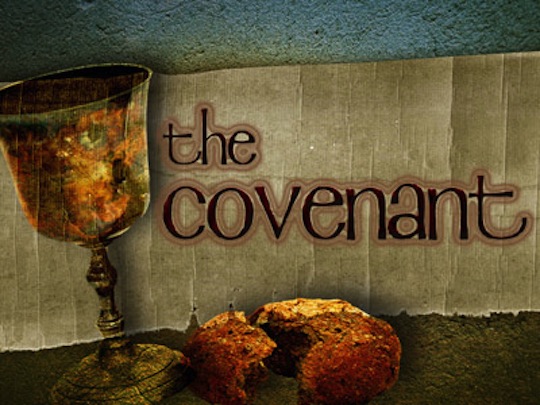Bread for the
journey.
While they were eating, he took bread, said the blessing, broke it, gave it to them, and said, “Take it; this is my body.” Then he took a cup, gave thanks, and gave it to them, and they all drank from it. He said to them, “This is my blood of the covenant, which will be shed for many.
Some of us may have heard of, or may have even read Henri Nouwen’s “Bread for the Journey.†You can often find quotes from this book on church websites or in bulletins.
Henri Nouwen was a professor at Harvard University and Yale University before becoming the senior pastor at the L’Arche community in Toronto, Canada. L’Arche is a community of people with disabilities living together. Nouwen was a prolific writer and wrote numerous books on spirituality and daily living. Bread for the Journey is one of his most well known. It is a book centered on Jesus Christ as savior, teacher, creator, and peace giver.
Why is it such a popular book? Why does its title ring true for so many Christians?
One term we hear from time to time is way-bread, the Way-bread of the Altar. What a beautiful term. On the night that Jesus was to be arrested, before He was to be killed, He gave us Himself as way-bread.
As prefigured in the journey of Israel, across the dessert, to the Promised Land, where God gave them Manna, bread for the journey, so now Jesus has given us bread for the journey.
We so need this bread, and Jesus gave it to us. We need strength for the journey. We need Him to be part of us; strengthening us, reinforcing and building up what the world tries to tear down.
We hunger for that, both spiritually and physically. In receiving, we recognize that He really fills us for the journey.
Every week we pray, shortly after the Our Father, in the words of St. Paul: “The cup of blessing that we bless, is it not a participation in the blood of Christ? The bread that we break, is it not a participation in the body of Christ?†Our answer, for the journey, is Yes, yes it is. We have Him fully with us, Body, Blood, Soul, Divinity – fully on-board for the journey.
Nouwen’s title tings true because when we receive, we are receiving everything we could possibly need. The greatest gift! Bread for the journey.



